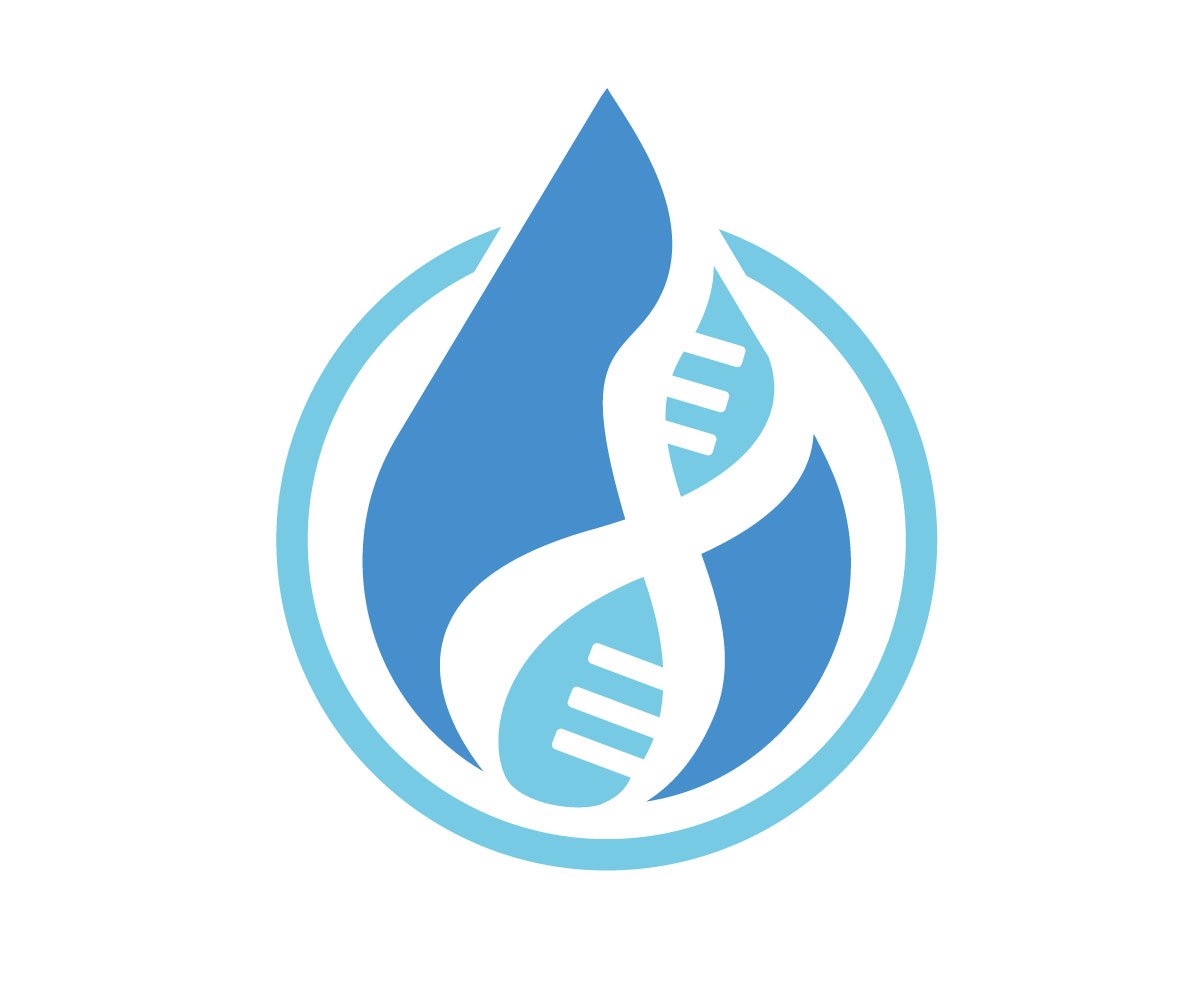How a giant family tree helped geneticists trace a DNA variant back to Denmark
The recent conversation with Laura Kieger on DNA Clarity and Support was the first episode of the podcast in which the topic of discussion centered on a medical genetics diagnosis and the impact of a DNA discovery on the lives of everyone in a large family. For Laura Kieger’s family, the gene variant leading to the cancer syndrome FAP was known to have affected her mother, and earlier generations of the family were almost certainly carriers as well. The combination of giant online family trees, DNA testing, and medical genetics research means that in some families, genetic variations can be traced back hundreds of years through multiple lines of descent.
Take the case of a family in Utah whose DNA variant linked to early-onset heart problems has been traced to the family's ancestral origins in Denmark*. All of these examples support the importance of accurate family medical history and the need for communication of health information between relatives.
*Here’s the original paper with full details: https://www.nature.com/articles/s41467-021-26741-7
What do we do once we know a hereditary disease exists in a family? Researchers and genetics experts like Dr. Brian Shirts are finding new and novel ways to combine medical research with family history of the genealogical kind. Dr. Shirts runs a fascinating public health initiative, an offshoot of an original research project at the University of Washington, which does this. The project is called Connect My Variant, and patients with positive findings from medical-grade DNA testing are encouraged to enroll online. Members find support in connecting with others who have the same gene variant, and they also find support in tracking their family’s genealogy to help them identify and reach out to other relatives who are potentially at risk.
Other online programs and registries for people with genetic diagnoses are:
PROMPT - focused on people with known cancer gene variants
CoRDS - focused on people with any rare disease whether a gene variant is known
GenomeConnect - focused on people with a positive genetic test to connect them with researchers and other people with the same genetic result
my2Gene - focused on connecting the triad of patient-clinician-researcher with others who have common gene variants or genetic diagnosis (has a bonus tool for exploring contents of an exome raw data file)
(Genetic researchers and counselors: Do you know of others that should be on the list? Submit more similar projects/studies here, and we’ll add them.)
Interested in understanding more about medical genetic tests you can order at home or in a clinician’s office? The final 5 chapters of The DNA Guide for Adoptees cover details and recommendations about medical DNA results like proactive gene tests, carrier screening, raw data, Promethease, exome testing, and more. You don’t have to be an adoptee to learn!
Need to share but not sure how? Helping others prepare to share news about a DNA discovery is a passion of Brianne’s. Work with her and benefit from her combined experience and compassion to help you identify and overcome any obstacles standing in your way.

